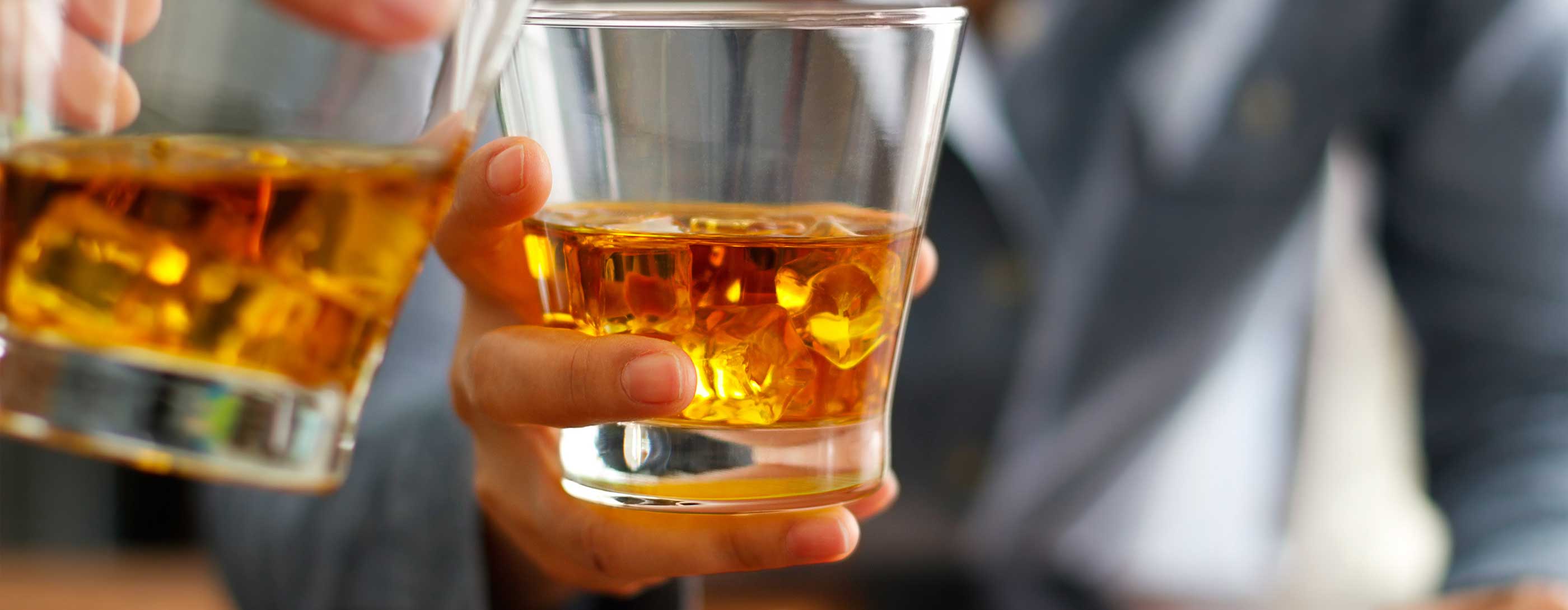American Addiction Centers New Survey Finds 36% of Respondents Admit to Driving While Blackout Drunk

American Addiction Centers uncovered some startling trends in a new study on drinking and driving habits in the United States. The survey was released as the nation prepares to celebrate the Fourth of July, a time of the year when people are historically known for overindulging in alcohol. In fact, Alcohol.org found that 57% of people admit to binge drinking on this holiday alone.
“One of the warning signs of addiction is engaging in risky behaviors, such as drunk driving,” said Dr. Lawrence Weinstein, American Addiction Centers’ chief medical officer.
“Unfortunately, this survey is a reminder that some people are in denial about the severity of their drinking and the fact that they could have a problem. We hope this survey will encourage people to self-reflect and seek help if necessary.”
The survey of 600 Americans found:
- 24% of men and 12% of women admitted to driving while blackout drunk
- Nearly 50% of respondents admitted they were a passenger of a drunk driver
- 10% of those who indicated they were fine to drink and drive had received DUIs in the past
- Nearly 26% of respondents said rideshare apps didn’t make them less likely to drink and drive
- 14% of people believed they were fine to drive after 5-6 beers, and 10% after 5-6 glasses of wine
To put some of the findings into perspective, AAC utilized a BAC (Blood Alcohol Content) calculator to estimate the blood alcohol level of a 200 pound male who consumed six 12-ounce beers within four hours. The BAC calculated at 0.09%, which is above the legal limit for driving, and determined it would take approximately six hours to return to 0% BAC.
According to the Centers for Disease Control and Prevention, 29 people die every day in the United States from vehicle crashes involving an alcohol-impaired driver. The most recent data from the National Highway Traffic Safety Administration also shows that there were a total of 10,874 fatalities in motor vehicles involving drivers with BACs above the legal limit in 2016. To view the number of fatalities by state, visit https://www.alcohol.org/guides/drunk-driving-accidents-by-state/
“If we can save even one life by encouraging someone to seek help before something devastating happens, then we are making an impact,” said Weinstein. “While opioids often make the headlines, we treat more patients for addiction to alcohol than any other substance. The problem is just that significant.”
American Addictions Centers offers a 24/7 helpline for the public at 1-800-ALCOHOL.